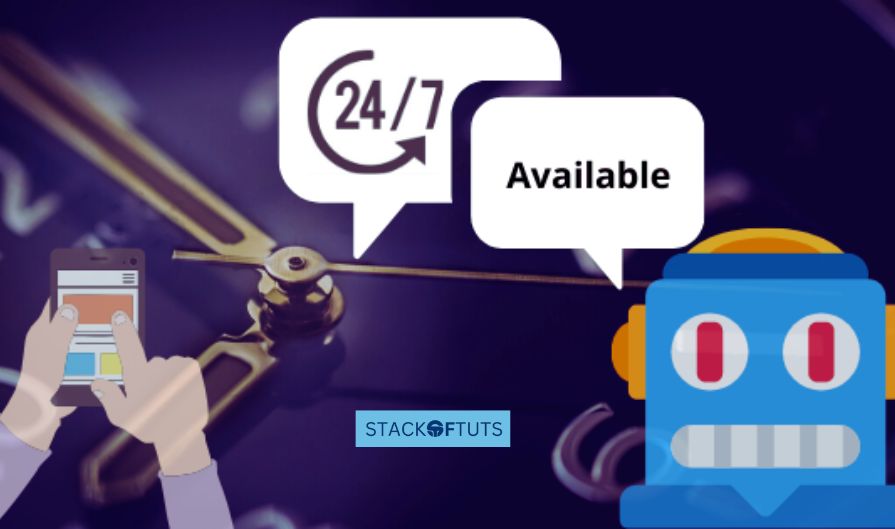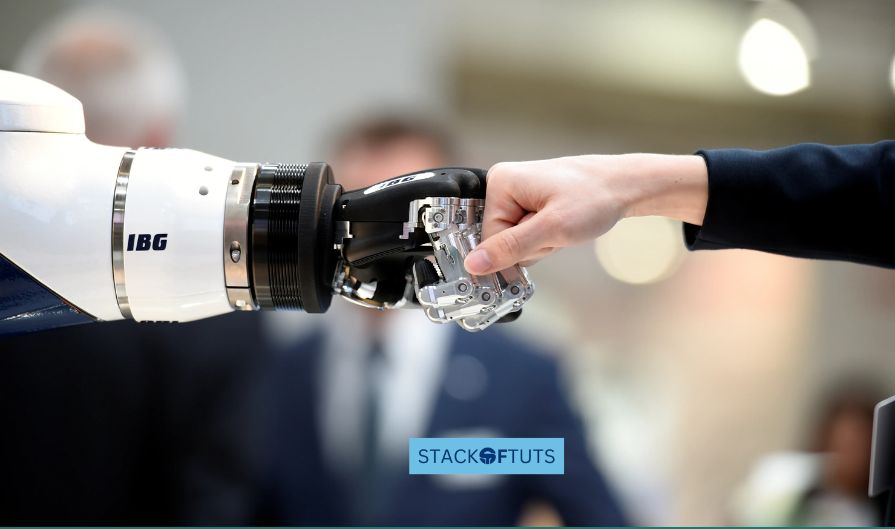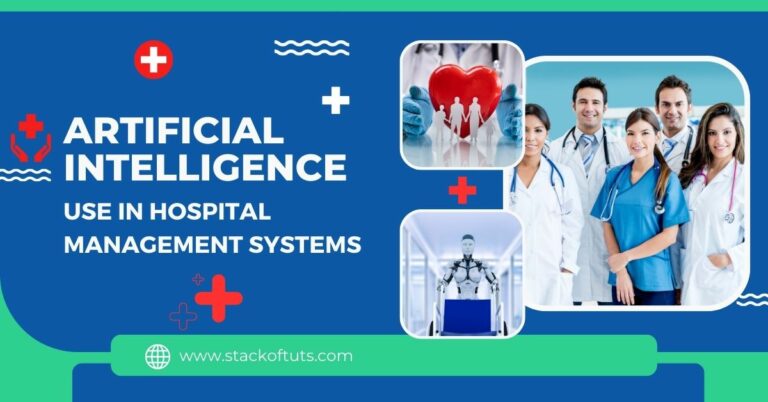
In our rapidly evolving tech-centric world, artificial intelligence (AI) emerges as a beacon of transformative change, especially within the educational landscape. The advantages of AI in education for students are diverse and far-reaching, poised to redefine traditional teaching approaches. Imagine a learning environment where curricula are adapted to each student’s unique style, feedback is instantaneous, and educational hurdles are proactively addressed.
This is the vision AI offers for the future of education. This piece aims to delve into these game-changing advantages, emphasizing how AI is sculpting a more enriching academic experience for students.
Understanding AI
Often simply denoted as AI, artificial intelligence is a branch of computer science that zeroes in on building machines endowed with capabilities akin to human cognition. But AI transcends the boundaries of mere task execution. It’s about equipping machines with the ability to learn autonomously from patterns, adapt based on new information, and potentially function with minimal human oversight.
For a complete guide also read about Artificial intelligence used in Education dive into this link for exclusive insights and captivating discoveries!
Why is AI pivotal to education?
Merging AI with education isn’t a whimsical decision. It’s a strategic move designed to tap into AI’s prowess to enrich the academic experience. Thanks to AI-infused tools and resources, the educational landscape is shifting. Gone are the days of generic lesson plans. Instead, education is metamorphosing into a realm where personalized learning trajectories are becoming the gold standard.
The advantages of AI in education for students are not just future possibilities; they are present-day realities driving the evolution of modern classrooms.
Advantages of AI in Education for Students
- Personalized learning
- Task automation
- 24/7 assistance with conversational AI
- Detect suspicious behavior during exams
- Differentiated and individualized learning
- Immersive and interactive learning experiences
- Access to global classrooms
- Universal access for all students
- Improved accessibility
- Neurodiversity support
1. Personalized Learning

One of the paramount advantages of AI in education for students is the ability to tailor learning experiences to individual needs. AI algorithms analyze a student’s performance, strengths, and weaknesses, adjusting the content accordingly. This ensures that students progress at their own pace, receiving additional support or advanced content as needed.
2. Task Automation

Teachers often find themselves bogged down with administrative tasks. AI can automate grading, attendance, and even spot trends in individual student performance. This allows educators more time to focus on teaching and personal interactions.
3. 24/7 Assistance with Conversational AI

Whether it’s late at night or early in the morning, students can receive assistance through AI-powered chatbots. These chatbots can answer questions, provide explanations, and even assist with assignments, ensuring that students never feel stuck.
4. Detect Suspicious Behavior During Exams

AI can monitor students during online examinations, identifying and flagging any suspicious behavior. This ensures that assessments are fair and maintains the integrity of the educational process.
5. Differentiated and Individualized Learning

Beyond personalization, AI can cater to different learning styles. Whether a student is visual, auditory, or kinesthetic, AI can adjust the content delivery method to suit individual preferences.
6. Immersive and Interactive Learning Experiences

Through augmented reality (AR) and virtual reality (VR) powered by AI, students can be immersed in historical events, explore the universe, or even conduct virtual experiments, making learning more engaging and memorable.
7. Access to Global Classrooms

AI enables real-time translations and content adaptation, allowing students from different parts of the world to participate in a single classroom experience, promoting diversity and global perspectives.
9. Universal Access for All Students

No matter the location, financial situation, or personal challenges, AI ensures that quality education is accessible to everyone. It offers tools, resources, and platforms that break down traditional barriers to education.
9. Improved Accessibility

For students with disabilities, AI-powered tools can transform content into accessible formats, whether it’s converting text to speech, offering subtitles, or even providing tactile experiences.
10. Neurodiversity Support

AI can identify and cater to neurodiverse needs. For students with ADHD, autism, or other neurodiverse conditions, AI tools can offer specific support mechanisms, ensuring that learning is comprehensive and inclusive.
How can parents and students get involved in the use of AI in education?
There are many ways for parents and students to get involved in the use of AI in education. Here are a few ideas:
- Dive deeper into AI knowledge. By enhancing your understanding of AI, you’ll be better positioned to assist your child’s AI-centric learning journey. Numerous online materials and library books can introduce you to foundational AI concepts.
- Engage with your child’s educator. Inquire about the incorporation of AI in their teaching methods. This insight will shed light on your child’s AI interactions and guide you in reinforcing their learning at home.
- Seek out AI-driven learning aids. A plethora of educational instruments, powered by AI, are accessible both online and in libraries. These can complement what your child learns in school or offer extra practice in specific subjects.
- Inspire your child’s AI-driven creativity. AI offers avenues for crafting diverse projects, be it in art, music, coding, or web design. Motivate your child to explore AI and bring their inventive ideas to life.
- Discuss ethical AI usage with your child. It’s crucial to address responsible AI utilization with your offspring, encompassing conversations on AI’s potential biases and emphasizing the significance of leveraging AI for positive outcomes.
FAQs
Personalized learning via AI tailors education to each student’s needs. AI algorithms adapt content based on individual performance and preferences.
AI monitors students’ activities during online tests. Suspicious actions, like frequent distractions or unauthorized software use, are flagged for review.
AI offers tailored experiences for neurodiverse learners. It adjusts lessons for conditions like ADHD or autism to enhance effectiveness.
Data privacy is a concern with AI in education. Schools must ensure data security and protect personal information.
Conclusion
In conclusion, the advantages of AI in education for students are transformative. It’s not just about automating tasks or making systems more efficient; it’s about creating an environment where each student can thrive, learn at their own pace, and have access to resources that cater to their unique needs. As AI continues to evolve, its impact on education will only grow, ushering in an era where learning is more personalized, engaging, and accessible than ever before.
Thanks!





